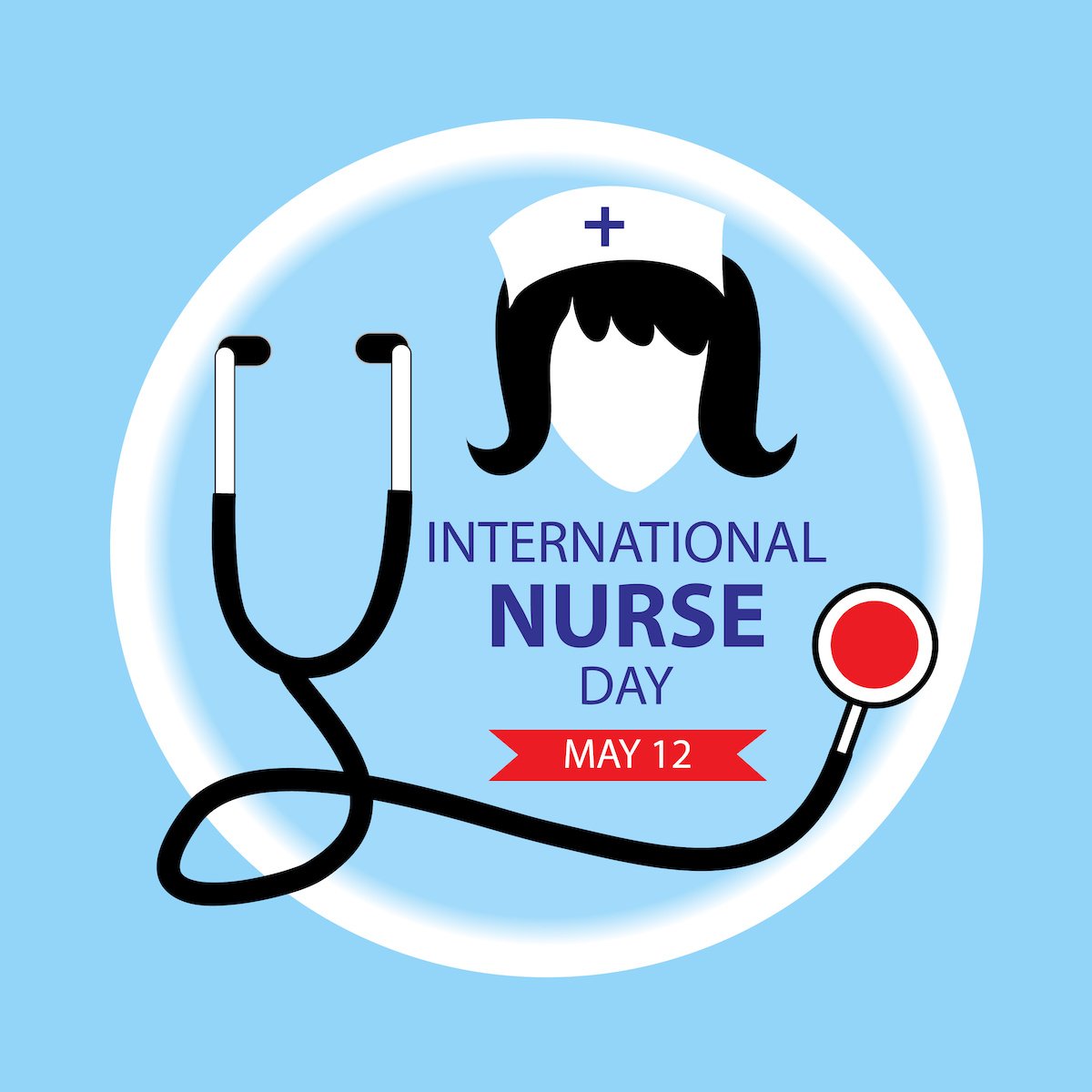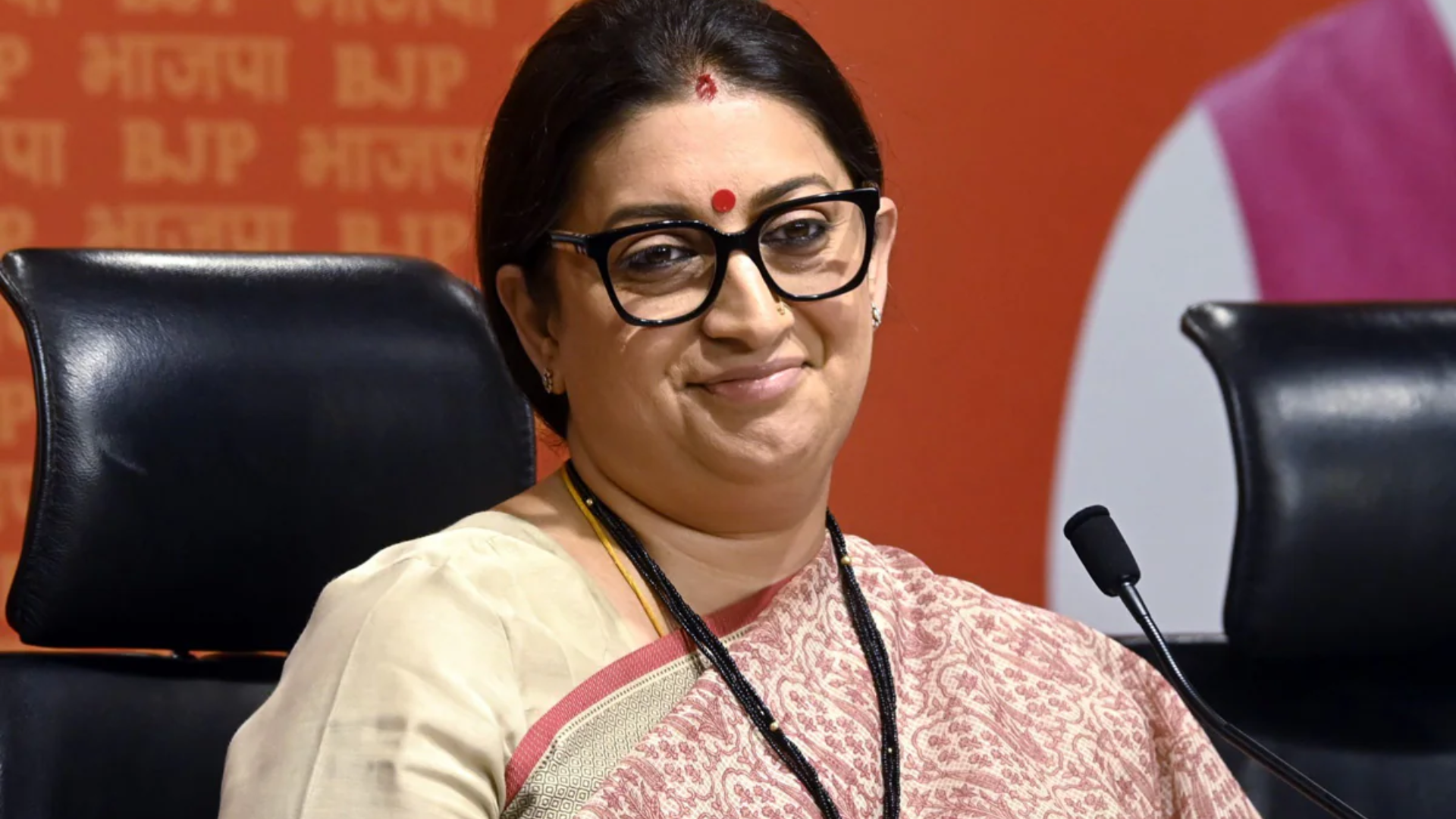










Financial literacy is crucial for women, encompassing areas such as understanding money value, making investments, navigating the stock market, exploring mutual funds, utilizing gold loans, and engaging in systematic investment plans (SIPs). However, there is a notable gap in education in these areas for women. It’s imperative to empower women with the knowledge and skills to manage their finances effectively.
But parallelly, as women increasingly strive for success in various facets of life, their health often becomes a neglected aspect. It’s essential to recognize that while pursuing their goals, women must prioritize their health to ensure long-term well-being. By bridging the gap in financial education and encouraging women to prioritize their health, we can empower them to stand independently and make informed decisions about their finances and overall well-being.
A woman is known to cross boundaries to balance vivid roles for the day. However, amidst this busy lifestyle, their health often takes a backseat. This highlights the importance of having health insurance designed specifically for women’s needs.
While everyone faces health challenges, women juggling work and family life encounter unique issues. The stress of managing both can lead to problems like anxiety, depression, high blood pressure, and heart disease. Long commutes and demanding jobs can worsen reproductive health problems such as irregular periods, PCOS, and pregnancy complications.
Data from sources like the National Family Health Survey 5 (NFHS-5) and the Indian Council of Medical Research (ICMR) show that many women in India face health issues like anaemia, high blood sugar, and hypertension.
Unhealthy lifestyles increase the risk of heart problems, while reproductive issues like menopause and PCOS raise the chances of heart-related complications. ICMR reports also reveal a worrying rise in cancer rates among Indian women, especially breast cancer.
Health insurance is best remembered amid medical emergencies. Such emergencies goes beyond normal health issues sch as pregnancies, cancer, surgeries, etc. The financial support from insurance is also extended to parental care, postnatal care, cervical cancer, and the cases keep on adding.
The insurance stands as a backbone during the bad days. According to the data, people spend more savings in hospitals and hence insurance is what a woman can binge on to.
Digital convenience has transformed the insurance sector, offering women unprecedented ease in accessing and managing their health insurance policies. Dedicated apps and online platforms allow for seamless purchasing, management, and access to telehealth services and wellness advice.
This digital accessibility simplifies the administration of health insurance benefits, freeing women from added stress or inconvenience. Moreover, tailored health insurance policies provide comprehensive coverage, ensuring financial security and peace of mind. With access to quality healthcare, women can confidently navigate medical emergencies, knowing their needs are adequately covered. Despite strides in expanding coverage, significant gaps remain, highlighting the need for proactive education on health insurance importance.
Collaboration between private insurers, government, and regulatory bodies is crucial to broaden access to affordable and credible health insurance solutions. By maximizing the benefits of tailored plans, this collective effort can enhance women’s health and financial wellbeing, securing a healthier, more stable future for all.









